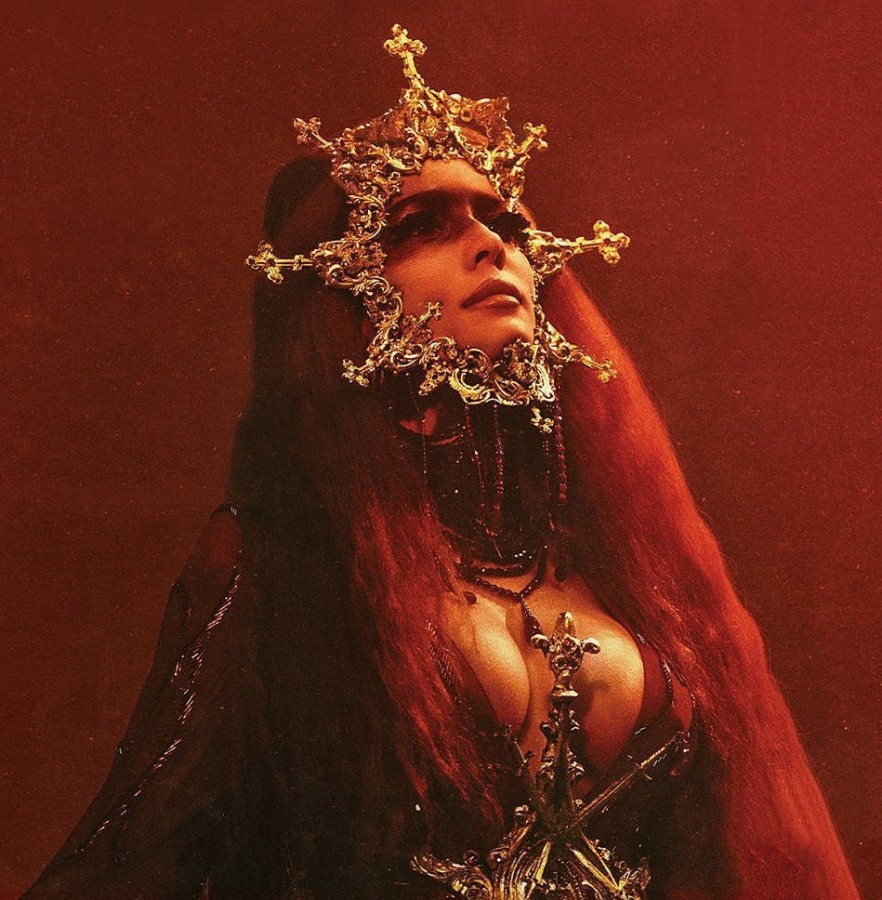Halsey talks motherhood in “If I Can’t Have Love, I Want Power”
September 11, 2021
Halsey’s new album, “If I Can’t Have Love, I Want Power,” was released Aug. 27, alongside a movie under the same title, which was released two days prior.
Within their fourth studio album release, and even in the movie, the themes discuss the ideas of motherhood and pregnancy. As there were no singles released prior to the release, there was only the movie trailer to gather thoughts about what to expect from the album.
The album itself navigates Halsey’s experience with pregnancy and love. A perfect example of this would be the song, “Darling,” which can be twisted into what some may consider a lullaby to their newborn or a general love song. “Only you have shown me how to love being alive,” a beautifully written lyric placed at the closing of the song.
Several songs speak about women empowerment and how Halsey can turn into her true self, with songs like “The Tradition” and “Bells in Santa Fe” that highlight this. Both of these tracks come off as haunting, which creates a feeling that allows you to be absorbed into the lyrics. This haunting sound can also be heard in ‘Whispers,” which discusses her own thoughts about love and draws connections to fame.
Halsey ties religious imagery into their songs like in the song, “Easier than Lying,” with the lyric “Well if you’re a hater, then hate the creator.” The song also offers a heavier punk sound which can also be heard in the songs, “honey” and “You asked for this.” Another song with even more religious imagery would be “Lilith,” which is also a demonic creature from Judaic mythology.
Some songs on the album even have direct connections to themselves like within “Girl is a Gun” and “I’m not a woman, I’m a god” with the lyric, “Got caught, both hands on the smokin’ gun.”
“1121” is another song with several lyrical connections to her previous works, like “More” and “Trouble.” The song itself is named after the date she found out she was pregnant, Nov. 21.
A drawing by Halsey, depicting sirens and a lighthouse, was later revealed to be inspired by the song “The Lighthouse”.
The album closes with “Ya’aburnee,” which functions as a love letter to both her partner and new born baby with the song title roughly translating from Arabic to “you bury me.”
“If I Can’t Have Love, I Want Power,” at the surface may seem like an ordinary album, but when looking into the lyrics and analyzing them, you discover the many layers and references Halsey laced throughout the album.





